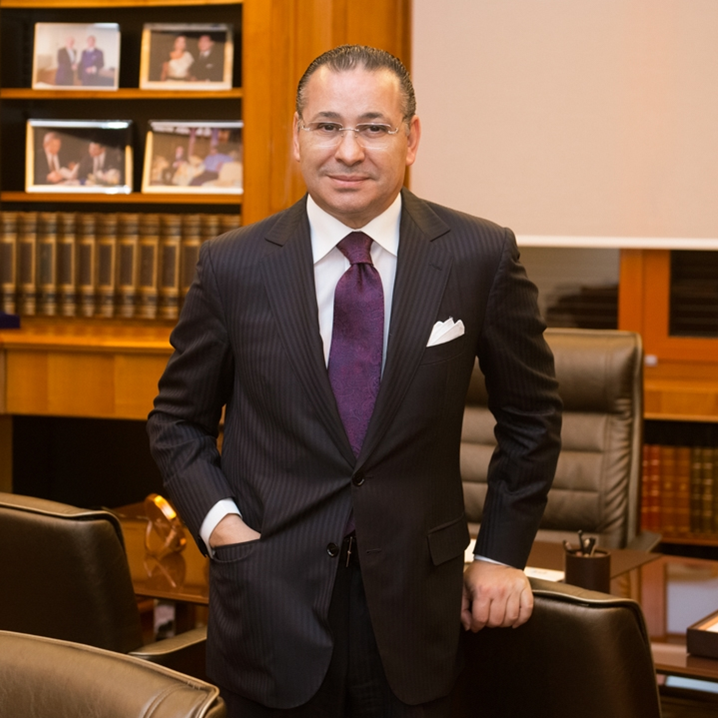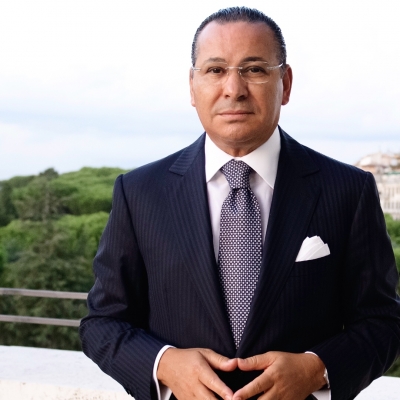
As so often occurs in the Middle East, many elements appear to be in perfect alignment and ready to cause the real and tangible threat of escalating violence. Heightened tensions in the Levant look set to trigger yet more conflict and without a strong and equitable mediation the tensions, enmity and hostile skirmishes we are presently bearing witness to could spiral out of control into open and unambiguous war. The shifting position of the United States towards a unilateral rejection of the landmark Iran nuclear deal looks likely to provoke its collapse, which, together with the highly symbolic moving of the U.S. embassy to Jerusalem, can but embolden the forces who have an abiding interest in seeing Tehran and her allies’ influence in Syria weakened.
This will clearly complicate the already intricate puzzle that is the Syrian war and on a wider scale it could potentially ‘cause the collapse of the post First World War nation state system in the Middle East’. To date, both the European Union and the United States have appeared reluctant either to intervene in the Syrian conflict as regional powerbrokers or to provide an impartial steadying hand. There is a strong argument to support the suggestion that such lack of diplomatic intervention resulted in the leadership void that has unquestionably led to a dangerous power vacuum, a vacuum that is being easily exploited by the multifarious players in this tragic conflict.
What concerns me most now is that the strained status quo combined with inflamed passions in areas such as Lebanon and Palestine will no longer be manageable. I am of the firm belief that there is now a very real risk that the apparent accumulative reluctance from the international community to apply the necessary pressure on Israel, has resulted in a certain reluctance to commit to working on a realistic solution that will see Israel secure a much needed peace with her neighbours. The consequent implicit decrease in international efforts could potentially provoke a repetition of the destructive and socio-economically devastating 2006 and 2014 regional wars respectively.
Furthermore, there has been a shift in the historical conflict battle lines, as more powerful players than ever are competing for dominance in the collapsed state of Syria. There is now a real and palpable danger that in this maelstrom of violence Syria will become a failed state convulsed by internal rivalries and unable to deliver the peace and stability necessary to avoid becoming, a de facto anomic society. I believe that our failure to resolve the conflict in Syria and the consequent proxy war that is being fought among those nations who have a coveted interest in gaining strategic control of the geographical channels, is the direct result of deliberate political machinations and lack of true vision.
Perhaps I am the product of my generation, however, try as I might I cannot honestly identify anyone whom I could call a political visionary. I see no one committed or even actively capable of resolving the conflict in the Middle East who is present on the international stage today. Unlike other moments in history, I see no builders of new dawns who are bold or insightful enough to rise to the challenge of entering into constructive dialogue or reconciliation. I see no tireless pioneer eager to engage with the plurality of views voiced from the players in the region in a bid to secure peace in the Middle East.
I see no inspirational political leaders driving altruistic attempts to transcend the usual adversarial approach to conflict; rather, I see an arena dominated by political and strategic sovereign interest. What has happened to the constructive optimism that powers the search for workable solutions? Where are the leaders vigorous enough in their ideals to find ways of building bridges between sworn enemies and break the current impasse we are witnessing not only in Syria and the Middle East, but also around the globe? I vehemently hold true the assertion that we have a duty to future generations to set aside our greed and self-interest in the name of peace.
The absolute tragedy of a conflict lies in the very fact that there is always a way forward, if only the responsible parties are willing to act by facing up to uncomfortable truths and making difficult choices in the name of compromise and ultimately in the name of reconciliation. We have to learn from our failures, deepen our understanding and give our unwavering commitment if we are to establish a true peace model for the future and stabilise volatile regions. Most of all, we must look inside our hearts and examine our consciences and ask ourselves if we are so ethically off-course that we find it acceptable, in 2018, to allow our children to be deliberately sacrificed and targeted in areas where armed conflict rules supreme.
We cannot diminish the seriousness of this ethical void and have a moral imperative to promote a lasting peace in our time - the litmus test for this peace must surely be how well a given political or ethnic majority tolerates and treats its minority.
Kamel Ghribi



